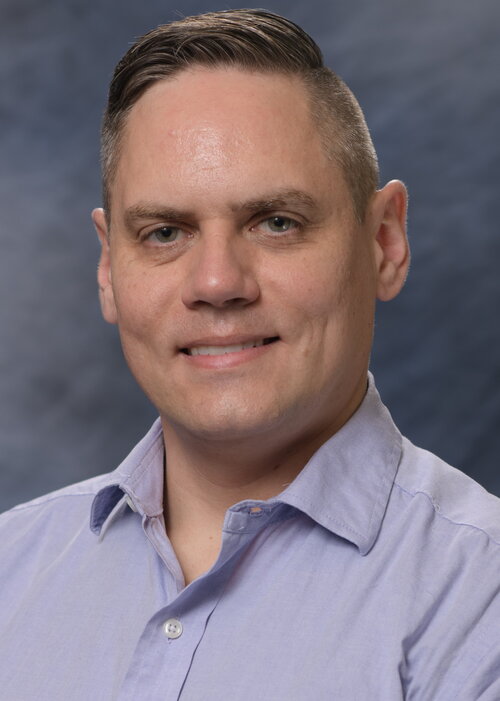
Aleksander Ksiazkiewicz, PhD
College of Liberal Arts and Sciences, University of Illinois Urbana-Champaign
Associate Professor in the Department of Political Science
Expertise:
American PoliticsPolitical Behaviorpolitical psychologyChronobiology and PoliticsGenetics and PoliticsPhysiology and Politics
Aleksander Ksiazkiewicz is an associate professor in the Department of Political Science and the Carl R. Woese Institute for Genomic Biology at the University of Illinois Urbana-Champaign.
His research expands on core theories of American politics and political psychology by integrating insights drawn from behavioral genetic, implicit social cognition, and chronobiological research. His genetic research examines the role of genes in political ideology, interest in politics, and political participation. These studies also shed light on the relationships between politics and other phenomena such as religiosity, Big Five personality traits, and cognitive styles. In addition, his work through the Genomic Security and Privacy Themeat the Woese Institute for Genomic Biology examines the public’s attitudes toward genetics, people’s understandings and concerns about the security and privacy of their genetic data, and individuals’ willingness to participate in genetic research.
His second stream of research uses methods from the study of implicit social cognition to develop new insights into a diverse set of political attributes and outcomes, including candidate traits evaluations, vote choice, political knowledge, racial attitudes, and immigration policy attitudes. These studies use multiple research designs (large-N panel studies, experiments), various measurement techniques (surveys, priming, latency-based measures), and diverse samples (student in lab, non-student by mail, online via Amazon Mechanical Turk).
His newest stream of research considers the intersection of chronobiology and politics. He examines how differences in sleep preferences and access to adequate sleep are related to differences in political attitudes, in media consumption patterns and political knowledge, and in interest and participation in politics, among other outcomes. He is also interested in how society and the political system structure time and privilege particular temporal patterns, as well as the extent to which individuals endorse the social organization of time (chrononormativity).
His teaching interests include American politics, political psychology, and biopolitics.
No Pitches / Articles Found
"Voters can try to express to candidates an issue they care about, but ultimately when you're voting you're choosing a bundle of voting positions. Sometimes that means you have to make a compromise on some of those issues."